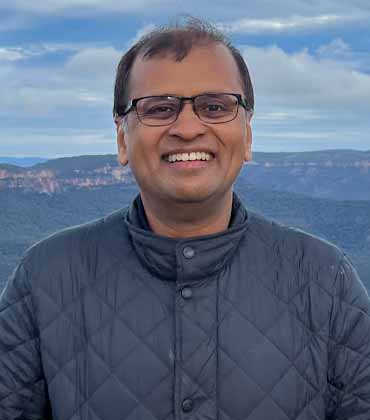After the Second World War, when the horrors of Nazi atrocities came to light with the discovery of concentration camps in places like Auschwitz, doctors in the Western world were forced to acknowledge medical discoveries based on experiments carried out on concentration camp survivors. This led to the development of a framework for respecting patient autonomy and the principle of informed consent came into medicine. This was followed by the scandal of the Tuskegee Syphilis Study, where 600 Black men in the US were not told they have syphilis, even when treatment for syphilis was available, for doctors to study the natural course of the disease, which goes completely against the principle of informed consent. These developments in Europe and the USA helped to progress awareness of human rights in medicine.
The Universal Declaration of Human Rights in 1948 enshrined concepts like human dignity, liberty, equality, and the right to life. This led to the European Convention on Human Rights, which included the right to life within it, and gave human rights the force of law by establishing the European Court of Human Rights. Countries like the UK passed the Human Rights Act to make their laws compliant with human rights principles, which included right to life as its first article. We now have the Convention on the Rights of Persons with Disabilities (CRPD) passed into law at the United Nations General Assembly in 2006, which recognizes the needs of all persons with disabilities and the need to protect their rights, promoting the concept of equality of opportunity. Each country, including UK, is adapting their systems and law accordingly.
Thus, the concept of human rights in medicine seemed well established. However, there are now several areas of challenge. I will illustrate with three examples. The first is Covid 19. It helped to throw light on how healthcare access remains unequal, with economic deprivation directly linked to poorer access to healthcare and the human rights violations which flow from it. There is a public Inquiry going on in the UK currently on how Covid 19 was handled by the government, throwing light on how decisions were being taken by politicians directly disadvantaging groups perceived to be less productive members of society, like the elderly in care homes, a gross violation of human rights principles.
The second example is war. We are seeing how hospitals are being used as tools of war in the Israel-Palestine conflict as well as in the Russia-Ukraine war, with both sides to blame. This is despite the active involvement of international humanitarian aid agencies like the Red Cross and Medecins Sans Frontieres, an example of nationalism triumphing over global human rights principles.
The third example is in human migration. Despite there being a United Nations Convention on the status of refugees, which outlines the basic minimum obligations of the host country to refugees who are fleeing persecution, including obligations to their health, not only are host countries, particularly in the West, doing their best to circumvent these obligations, they are working actively to criminalise the very process of seeking sanctuary, promoting what a former UK Home Secretary called a ‘hostile environment’ for refugees.
So, we have a situation where a world made much smaller due to technological innovations has also become much more parochial and where human rights violations continue in medicine. The Covid 19 vaccination misinformation was an example of this in the field of health. What is important is to strive for equity, not equality. Equity in the field of health means creating some form of regulatory framework for technological companies in partnership with the government to ensure that the right to free speech does not include the right to spread misinformation. With the progress in areas like Artificial Intelligence (AI), technological companies can develop tools to pick up and censor tools of misinformation, and health professionals who are sharing such information should be as accountable as anybody else to their regulatory bodies. Demands for this should come from the public as a breach of their human rights, their right to life. There is a strong case to create a separate regulatory body to monitor such misinformation and not only to warn the public, but also take appropriate action against the offenders. This is consistent with human rights principles in medicine, embracing the power of technology, not be hindered by it.
Sigmund Freud said in ‘Civilization and its Discontents,’ ….’Most people do not really want freedom, because freedom involves responsibility, and most people are frightened of responsibility.’ This illustrates very well the challenges faced by medical professionals today, the responsibility must be shouldered by the government working in partnership with technology to take healthcare forward so that it continues to serve humanity in the best possible way.




